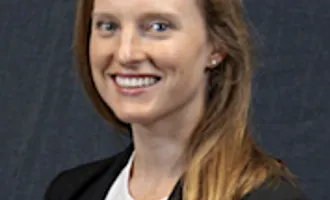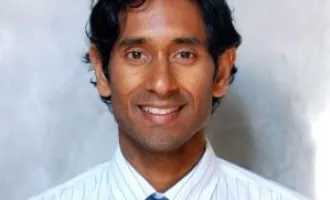
On The Air
“Last year, I was doing this exercise where I would leave lab and then I would put a little tick every time I saw a black person and there were days when I would put only one and that was me in the mirror in the morning.”
That was a quote by Sama Ahmed, a 2017 graduate of the UCSF neuroscience program, discussing his graduate school experience in a recent podcast episode of The Fog at Bay.
Every day, students of color and those in other minority groups are constantly reminded of their sense of isolation, whether through the inability to find mentors that look like them or feeling the burden of responsibility when it comes to fostering institutional diversity (i.e. the minority tax).
“We don't consider the student who can't come into lab because they feel unsafe. Or the student who is dealing with depression or anxiety or has no one to talk to or feels isolated.
“These people are here. They could be doing science at an incredible level. They got to this point facing these struggles. So if we lift some of their burden, who knows what they can do.”
The Fog at Bay, a student-led UCSF podcast series, started four years ago as a means to highlight stories by students like Sama on personal struggles and mental health in academia. Our first two seasons focused on topics ranging from women in science to DACA students in academia to mental illness among medical students.
Today, these conversations need to be made public more than ever, as there is a mental health crisis in graduate education. According to a recent study, almost half of the student population needs some form of mental health support during their training.
This same study also showed minority students are the most vulnerable.
It’s easy to ignore the statistics of another institution, but these problems are happening every day and happening at our own institution. Unfortunately, these conversations have largely been ignored and shrouded by stigma.
So how can we address this crisis and take action when the issue itself is denied?
We at The Fog at Bay believe one of the most powerful solutions is to listen closely and without judgment, to hear those in our own programs talk about their experiences, and to feel connected to each person’s personal stories.
This is our aim: to build a culture where conversations on minority experiences and mental health are destigmatized and openly discussed.
Although our podcast does not concretely outline solutions, we hope that by publishing these stories, we can change the culture to be more inclusive and break the silence one episode at a time.
If you would like to support our project, please listen to our previous episodes at www.thefogatbay.com or share your own story for our third season before January 31 at www.thefogatbay.com/contact/.
Thank you to our past contributors for their courage in sharing their stories, and we look forward to working with our future contributors.



